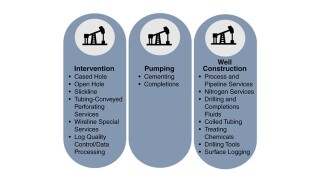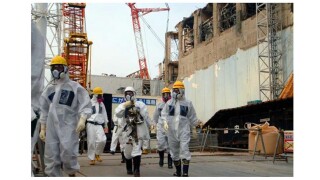Health
This paper examines how real-time monitoring can improve both incident prevention and emergency response in the oil and gas industry. Drawing from real-world examples and case studies, it provides practical strategies for implementing this technology effectively.
This paper describes a risk-based self-verification process conducted through a bespoke software application.
This paper discusses and demonstrates the limitations of quantitative risk assessment (QRA) with respect to the usefulness of the concept in managing day-to-day and emerging risks as well as the effect of change.
-
This paper reviews the Ebola outbreak from the viewpoint of an onshore and offshore petroleum operator, providing insight into the real threats the outbreak, and providing lessons learnt for industry operations elsewhere.
-
Unconventional resources offer many substantial benefits, yet the rapid increase in production of these resources using hydraulic fracturing has generated scrutiny by some policymakers and advocates who cite health concerns.
-
Every process plant presents a high number and diversity of valves that control the flow of feedstock, products, and service liquids and gases.
Page 23 of 23






